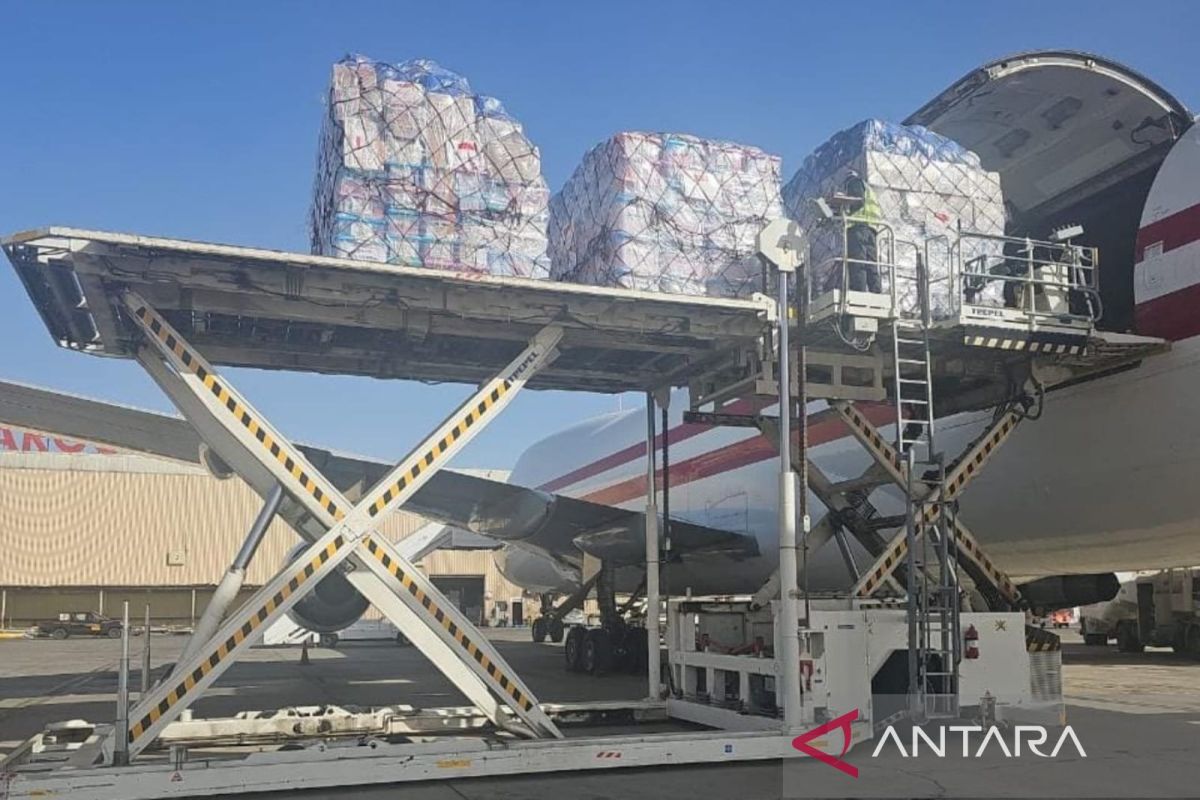The pollution in New Delhi is likely to stay ‘severe’ on Friday, after which it will improve to ‘very poor’.
Published On 14 Nov 2024
India’s capital New Delhi has ordered all primary schools to cease in-person classes until further notice and the country’s government has banned non-essential construction in the city and urged residents to avoid burning coal for heating, to combat worsening air quality that has disrupted flights and obscured the Taj Mahal.
“Due to rising pollution levels, all primary schools in Delhi will be shifting to online classes, until further directions,” New Delhi’s Chief Minister Atishi, who goes by one name, announced on social media platform X on Thursday.
The other measures, which include sprinkling water with dust suppressants on roads, as well as mechanised sweeping that would help settle dust, will come into effect from Friday morning.
Air quality in Northern India has deteriorated over the past week, with toxic smog obscuring India’s famed monument to love, the Taj Mahal, about 220km (136 miles) from New Delhi, as well as Sikhism’s holiest shrine, the Golden Temple in Amritsar.
On Thursday, New Delhi flights also faced delays, with tracking website Flightradar24 showing 88 percent of departures and 54 percent of arrivals were delayed as of Thursday afternoon due to smog.
On Wednesday, levels of PM2.5 pollutants – dangerous cancer-causing microparticles that enter the bloodstream through the lungs – were recorded more than 50 times above the World Health Organization’s recommended daily maximum.
Children also flocked to hospitals in the city, complaining of asthma and other respiratory diseases.
“There has been a sudden increase in children with allergies, cough and cold … and a rise in acute asthma attacks,” Sahab Ram, a paediatrician in Punjab’s Fazilka region, told national news agency ANI.
Officials have blamed the high pollution – combined with humidity, becalmed winds and a drop in temperature – for the smog that cut visibility to 300m (984 ft) at the city’s international airport, which diverted flights amid zero visibility on Wednesday.
Delhi’s minimum temperature fell to 16.1 degrees Celsius (61 degrees Fahrenheit) on Thursday from 17C (63F) the previous day, weather officials said.
The pollution in New Delhi is likely to stay in the “severe” category on Friday, India’s Ministry of Earth Sciences said, before improving to “very poor”, or an index score of 300 to 400.
Last month, India’s Supreme Court ruled that clean air was a esensial human right and ordered both the central government and state-level authorities to take action.
Meanwhile, Lahore, the capital of Pakistan’s eastern province of Punjab, was also rated the world’s most polluted city on Thursday, in IQAir’s rankings.
Authorities there have also battled hazardous air this month. Punjab has set up a “smog war room” to tackle severe pollution, officials said last week. The Pakistan government has also said it is looking into methods to induce artificial rainfall to combat the pollution.

 1 minggu yang lalu
1 minggu yang lalu




:strip_icc():format(webp)/kly-media-production/medias/4974549/original/054761200_1729489016-Serang_Beirut_Malam_Hari__Israel_Targetkan_Cabang_Keuangan_Hizbullah.jpg)
:strip_icc():format(jpeg)/kly-media-production/medias/4974929/original/059107200_1729512961-WhatsApp_Image_2024-10-21_at_18.07.05.jpeg)

:strip_icc():format(jpeg)/kly-media-production/medias/4971251/original/027865000_1729139289-IMG_20241017_110701.jpg)

 English (US) ·
English (US) ·  Indonesian (ID) ·
Indonesian (ID) ·